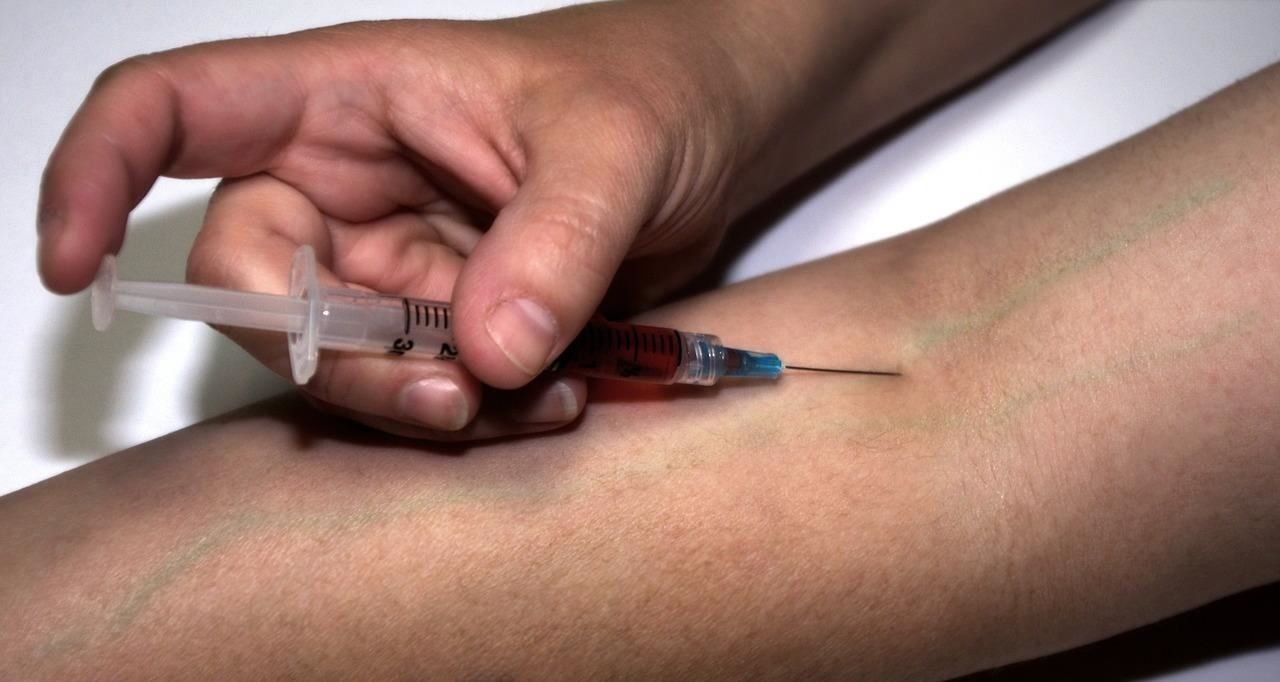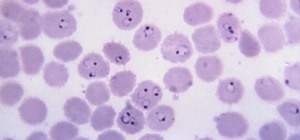This month, Iowa issued their first hepatitis C virus epidemiological profile and the news was not good. The number of cases of hepatitis C reported in Iowa between 2000 and 2015 rose nearly threefold, from 754 cases in 2000 to 2,235 cases in 2015.
The news gets even worse when broken down by age; Between an even smaller time period—2009 to 2015—the number of diagnoses in people aged 30 and younger quadrupled. And chronic viral hepatitis C was listed as the primary cause of death in 401 Iowans who died between 2000 and 2014. That's over a tenfold increase from the three deaths in 2000 to the 40 deaths in 2014.
Whether the news is bad or good apparently depends on your perspective. Randy Mayer, Chief of the Iowa Department of Health's Bureau of HIV, STD, and Hepatitis, looks at the increase as a positive sign—a sign that people are seeking help for their symptoms and receiving treatment.
"These data indicate that Iowans are getting tested and referred to treatment by their medical providers. Everyone born between 1945 and 1965 and anyone who has ever injected non-prescription drugs, even once, should be tested for hepatitis C," said Mayer in a report from Outbreak News Today.
Hepatitis C is a virus that infects and inflames the liver. It is transmitted from person to person primarily via blood, although bodily fluids like semen may also carry the virus. Currently, sharing needles through intravenous drug use is the chief mode of transmission.

Up to 80% of people infected with hepatitis C develop a long-term chronic illness, and that means up to 20% of people have no symptoms and the illness goes away on its own. That makes it difficult to capture the true numbers of people infected.
Most of the cases of hepatitis C reported in Iowa were in people between 45 and 65 years old. Even though 21,748 cases have been reported as of the end of 2015, the Centers for Disease Control and Prevention (CDC) and Iowa both think the numbers of people infected are much higher than those reported. The Iowa Department of Public Health estimates that 35,865 to 136,900 Iowans are infected with hepatitis C, and 15,330 to 117,174 of those cases are in people who don't know they are infected.
Chronic illness can lead to serious liver problems, like cirrhosis (scarring of the liver) or liver cancer—and liver and bile duct cancers in Iowa increased an average of 5.6% between 2000 and 2012 . The infection is the most common reason for liver transplantation in the US.
While about 1% of people who develop chronic hepatitis C will die, there are several effective medications available to treat the disease. This is another area where the news is getting better and better.
Interferon, a biologic agent made by the body to fight viruses, and the antiviral drug ribavirin were the standard therapy until recently. These drugs had to be injected weekly for 48 weeks and worked pretty well. Nearly half the patients who used them were cured of the infection, but some people died from reactions to the drugs.
New antiviral drugs, called direct antiviral agents, are now used to treat hepatitis C infections. They have dramatically changed the course of the infection. These drugs are much more effective and safer than the older ones. Now, most people are cured after 12 weeks of treatment. Cured. Not just treated.
What's Behind the Increase?
One of the findings in the report was the fact that the epidemics of hepatitis C, HIV, and intravenous drug use have risen concurrently. The report found that the opioid abuse epidemic is the driving force behind the increase in hepatitis C in people under age 30. Heroin and opioid-related overdoses, emergency department visits, and hospitalizations also increased significantly between 2008 and 2014.
The only way the number of cases of hepatitis C will decrease is through reduction in the transmission of the disease—stopping needle sharing or intravenous drug use. While we are coming to grips with that crisis, the CDC recommends that certain groups of people get tested for hepatitis C. Once diagnosed, at least a cure may be possible, and likely will be probably. And the few people infected, the fewer available to transmit the disease.
Get tested if:
- You ever injected non-prescription drugs, even if you injected only one time or many years ago.
- You were treated for a blood clotting problem before 1987.
- You received a blood transfusion or organ transplant before July 1992.
- You are on long-term hemodialysis treatment.
- You have abnormal liver tests or liver disease.
- You work in healthcare or public safety and were exposed to blood through a needlestick or other sharp object injury.
- You are infected with HIV—because the two viral infections often occur together.
Hopefully, if we get on top of the heroin and opioid epidemics, we will see a reduction in hepatitis C infections, as well. That will be the best news yet.
Just updated your iPhone? You'll find new emoji, enhanced security, podcast transcripts, Apple Cash virtual numbers, and other useful features. There are even new additions hidden within Safari. Find out what's new and changed on your iPhone with the iOS 17.4 update.



























Be the First to Comment
Share Your Thoughts